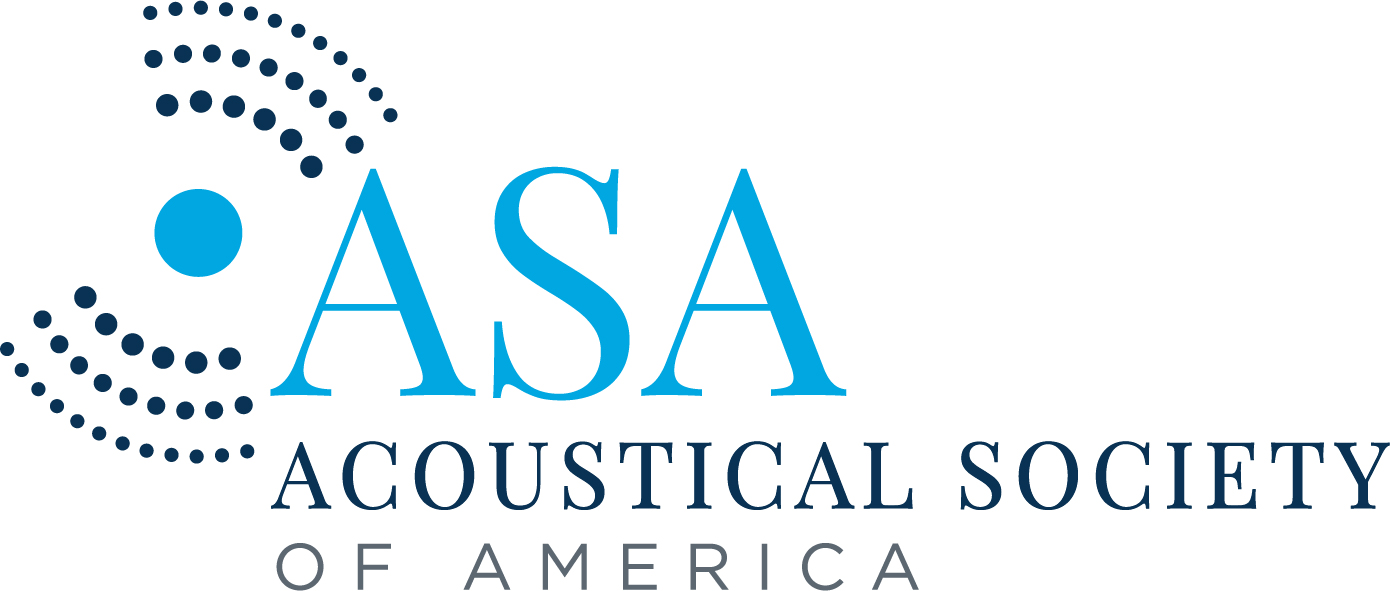Emma Holmes – emma.holmes@ucl.ac.uk
X (Twitter): @Emma_Holmes_90
University College London (UCL)
Department of Speech Hearing and Phonetic Sciences
London, Greater London WC1N 1PF
United Kingdom
Popular version of 4aPP4 – How does voice familiarity affect speech intelligibility?
Presented at the 186th ASA Meeting
Read the abstract at https://doi.org/10.1121/10.0027437
–The research described in this Acoustics Lay Language Paper may not have yet been peer reviewed–
 It’s much easier to understand what others are saying if you’re listening to a close friend or family member, compared to a stranger. If you practice listening to the voices of people you’ve never met before, you might also become better at understanding them too.
It’s much easier to understand what others are saying if you’re listening to a close friend or family member, compared to a stranger. If you practice listening to the voices of people you’ve never met before, you might also become better at understanding them too.
Many people struggle to understand what others are saying in noisy restaurants or cafés. This can become much more challenging as people get older. It’s often one of the first changes that people notice in their hearing. Yet, research shows that these situations are much easier if people are listening to someone they know very well.
In our research, we ask people to visit the lab with a friend or partner. We record their voices while they read sentences aloud. We then invite the volunteers back for a listening test. During the test, they hear sentences and click words on a screen to show what they heard. This is made more difficult by playing a second sentence at the same time, which the volunteers are told to ignore. This is like having a conversation when there are other people talking around you. Our volunteers listen to many sentences over the course of the experiment. Sometimes, the sentence is one recorded from their friend or partner. Other times, it’s one recorded from someone they’ve never met. Our studies have shown that people are best at understanding the sentences spoken by their friend or partner.
In one study, we manipulated the sentence recordings, to change the sound of the voices. The voices still sounded natural. Yet, volunteers could no longer recognize them as their friend or partner. We found that participants were still better at understanding the sentences, even though they didn’t recognize the voice.
In other studies, we’ve investigated how people learn to become familiar with new voices. Each volunteer learns the names of three new people. They’ve never met these people, but we play them lots of recordings of their voices. This is like when you listen to a new podcast or radio show. We’ve found that people become very good at understanding these people. In other words, we can train people to become familiar with new voices.
In new work that hasn’t yet been published, we found that voice familiarization training benefits both older and younger people. So, it may help older people who find it very difficult to listen in noisy places. Many environments contain background noise—from office parties to hospitals and train stations. Ultimately, we hope that we can familiarize people with voices they hear in their daily lives, to make it easier to listen in noisy places.
